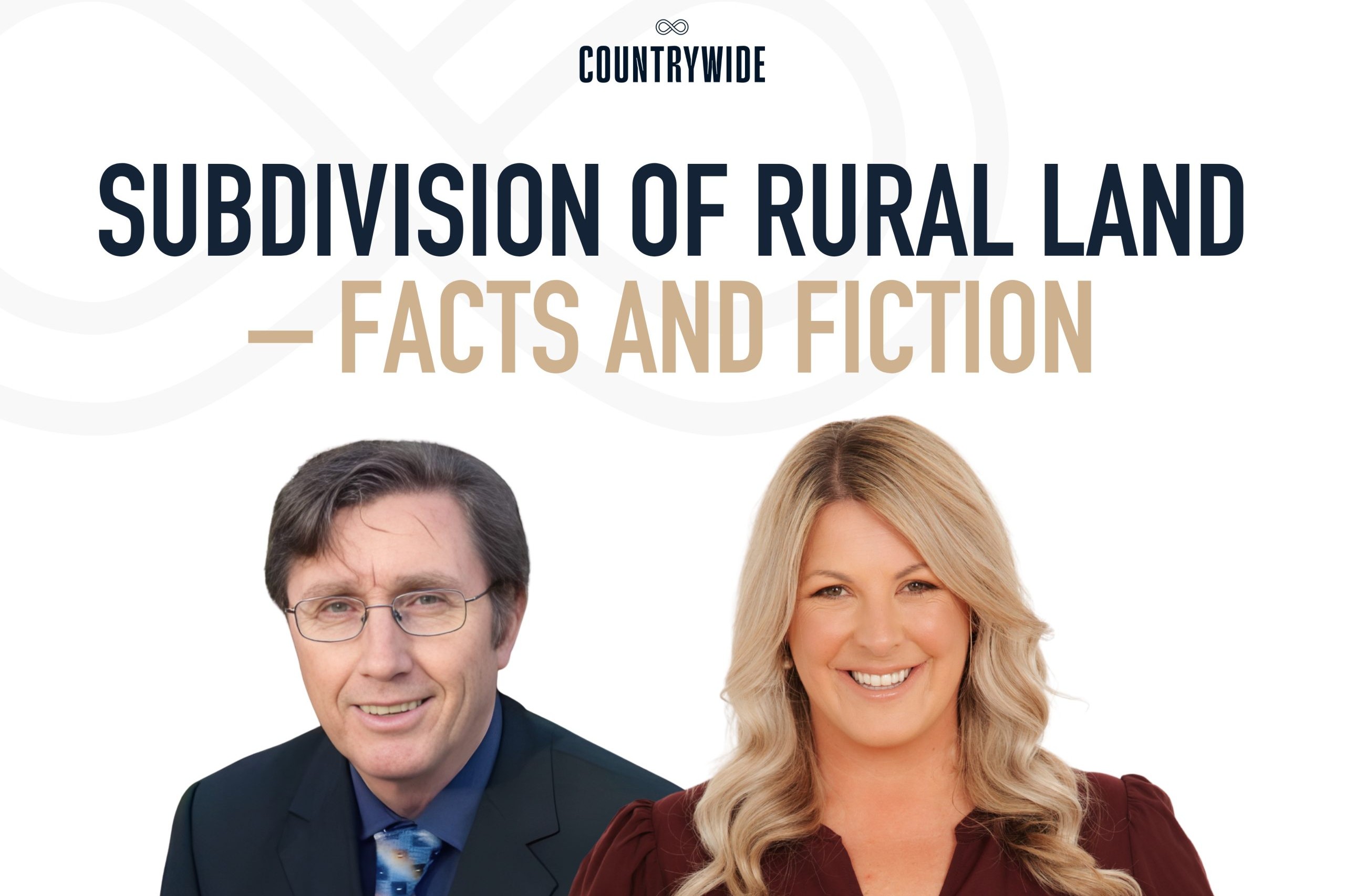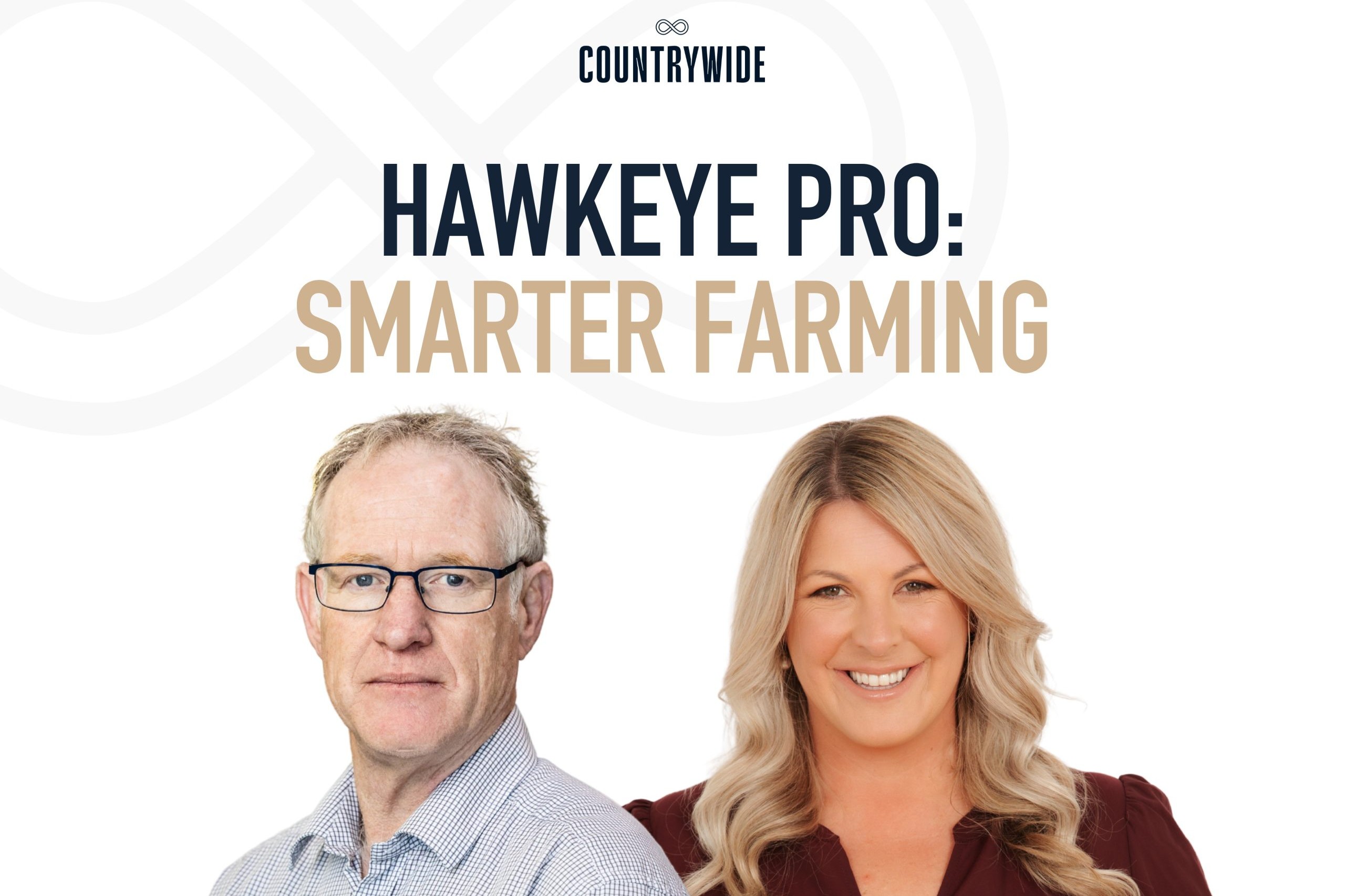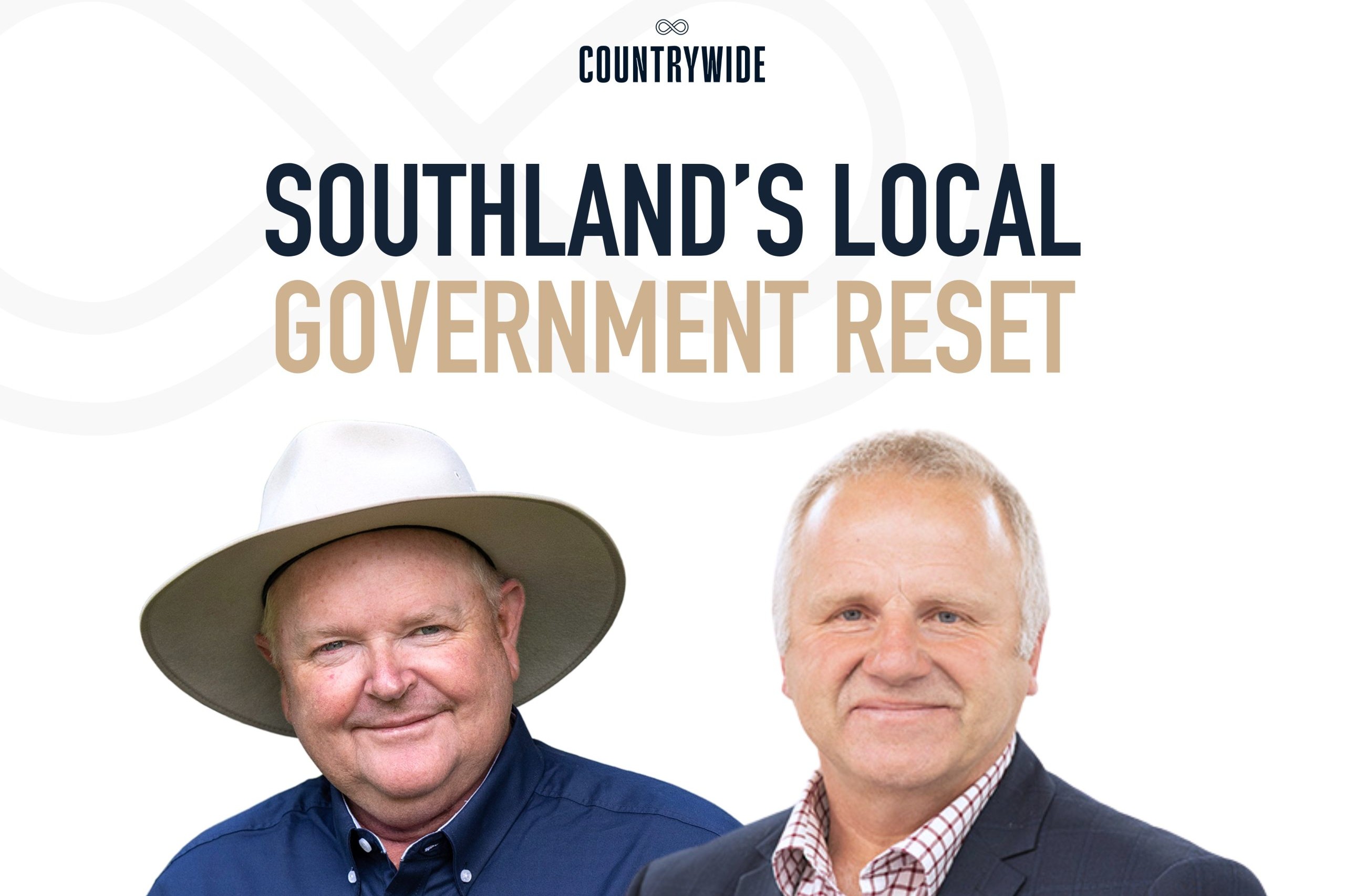Episode 19 – How do we tackle regenerating biodiversity on our farms?
When it comes to looking at the future of regenerating biodiversity, farmers have a key role to play, with 24% of native biodiversity found on sheep and beef farmland, second only to conservation estate.
In this episode, we hear from three experts who highlight the work farmers are already doing to regenerate biodiversity, including in wildlife and plantings, and the opportunities for collaboration.
Guests include:
- Sam Rowland, Programme Manager for Nature, Sustainable Business Network
- David Norton, Emeritus Professor, University of Canterbury
- Sam Gibson, Sam the Trap Man, Eastern Whio Link
Hosts:
- Rebecca Greaves, Editor, Country-Wide
- Sarah Perriam-Lampp, Managing Director, CountryWide Media
Sam Rowland, Sustainable Business Network Programme Manager for Nature has spent eight months researching how to increase investment into nature regeneration, and how to unlock the barriers preventing people from undertaking nature regeneration in their business.
Given how much biodiversity already exists on farm land, our farming community plays a key role and Sam believes helping fund farmers to get plants into the ground, or to increase predator control is the first step to achieving regenerating biodiversity.
Emeritus Professor David Norton has 40 years experience with New Zealand’s ecology and conservation space, across both private and public land, and has worked closely with farmers during that time.
He says the key to regenerating nature is collaboration, and that farmers are already the custodians of some amazing biodiversity on their farms, with a quarter of New Zealand’s native biodiversity found on their land.
Sam Gibson, A.K.A Sam the Trap Man, founded, and currently co-chairs, the Eastern Whio Link project. The project is an excellent example of linking business, community and farmers, enabling intensive trapping on public conservation land and farmland, to protect whio and kiwi.
Through their pool of 100 volunteers they’ve been able to collaborate with local farmers to reintegrate whio into farm systems – bringing back whio to areas they would have historically been present on. The project demonstrates that biodiversity and farming can thrive in harmony.
Subscribe to Country-Wide magazine for $59/four magazines plus postage annually: https://country-wide.co.nz/shop/




